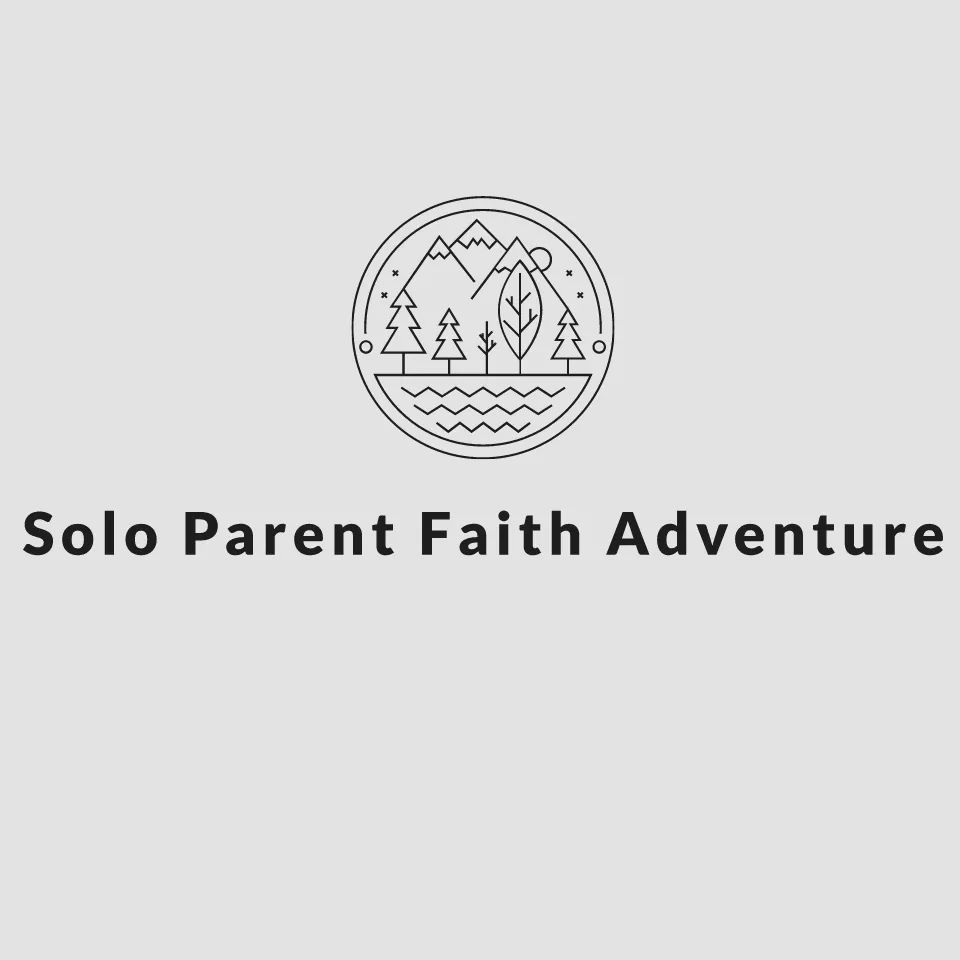A life well lived
- Dawn Savidge

- Jun 4, 2020
- 2 min read
Updated: Jan 19, 2022
The violence started when I was 18 months old, or so I was told. It stopped when I went to university and then I fell into the trap of the vicious cycle of one domestically violent relationship to another. It pretty much didn't stop until four years ago.
I remember the day so vividly when social services came to visit the house. "We've come as we have heard that there is a bully in the neighbourhood" she said. Immediately I felt guilty. Was it me? Did I lose my temper? Did someone tell them about the fight I had with my sister? "It's not me" I say. "No, it's not you" the lady tries to reassure me whilst checking my body for bruises.
Often, when we are in the midst of an abusive situation we don't believe that it's happening to us. It's always something that happens to somebody else; it was just a bad day that's why he hit me; he works so hard and just had one drink too many. Often the hardest part of being in a domestic abusive relationship is admitting what is happening and then finding the strength to leave.
When women (and there are men who do also suffer in domestic violent relationships) do find the strength to leave, what should our response be? How should we, as the church, nurture and support those who have fled? How do we support solo parents, children and young people?
Apart from a small blip at university, I have been to church for the whole of my life. Church communities can be one of the most healing places for broken people to be in. However some churches fail to notice what pain families are in - or maybe they do and they just felt ill-equipped to support. I am very passionate about helping the church think through their role in the road to recovery from domestic abuse.
My story will be different to your story. I don’t think there are any direct comparisons with anybody’s story. My story involves childhood abuse - both my own and my children; divorce; homelessness; a long court litigation process involving contact and residency; a long period of solo parenting and a whole lot of fun and adventure along the way, But I hope that you find something in my story that gives you hope, determination and courage for your own battle. And in learning to tell our own stories we can find strength and solidarity. They made it out and so can I.
A life well lived is one with promise, adventure, hope and laughter. Even though I've had the darkest of times there has always been those four things which for me, makes the dawn seem even brighter after those long dark nights.





.png)



Comments